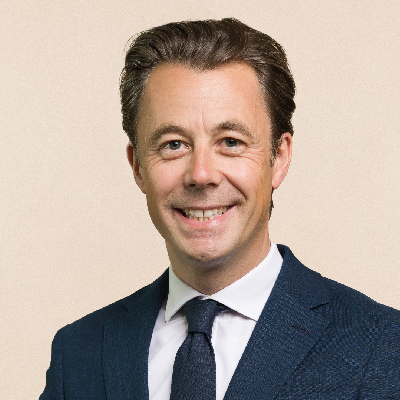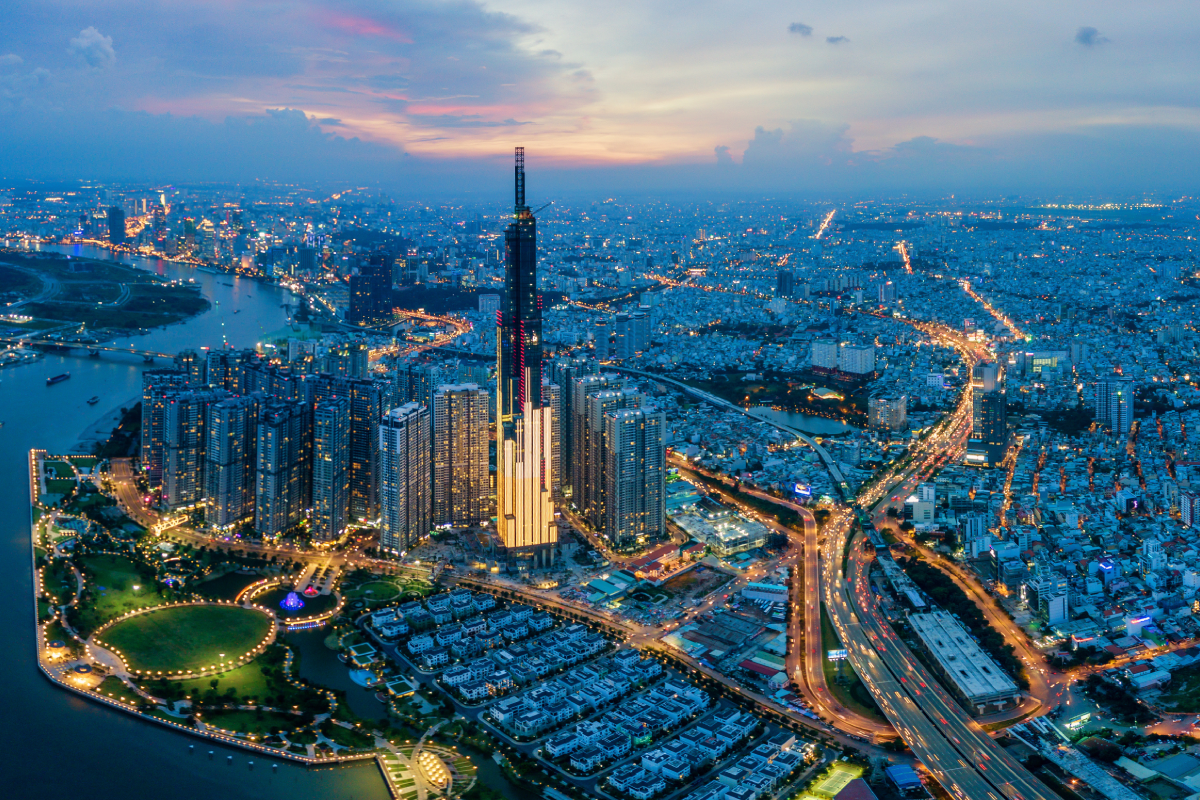
At the beginning of every January, the world eagerly awaits the Global Risks Report from the World Economic Forum[1] for its annual overview of risks as seen by 1,500 experts from around the world. This year's ‘risk winners include’:
- Economic uncertainties, exacerbated by inflation and the explosion in public debt,
- Climate change and the increase in extreme weather events,
- Increased insecurity and misinformation amplified by new technologies and AI,
- The resurgence of armed conflicts while half the world's population is voting this year,
- Worsening inequalities and the erosion of human rights.
Reading such a report, it's hard to remain serene, positive and constructive. So investors probably haven't read a single line: Stock market indices are at record highs, largely supported by US technology stocks. Volatility is falling. Credit spreads have tightened steadily since the beginning of the year, despite rising default rates. And interest rates, although affected by inflation, have shown no concern for budgetary slippage.
The attitude of investors -- who are of course well aware of the risks described in the report -- is therefore raising questions. Should we ignore such risks, or should we panic? Without being overly naive, shouldn't we be looking at the progress underway[2]? How about, instead of watching the trees fall, we listen to the forest grow?
How can we fail to be fascinated by the potential of artificial intelligence? The performance of a number of US stocks illustrates not only investor appetite, but also the prospect of profound transformation in companies across all sectors -- IT, of course, but also healthcare, finance, media and industry. According to IDC Worldwide, the size of the AI market could double by 2026 while in the banking sector alone, spending is estimated to triple in the next few years. In this context, it is understandable that the valuation is not the most attractive. However, the technology sector remains a long-term conviction, and we don't see a valuation bubble today, as contrasted with the late 1990s.
In the face of climate change, however, it's hard not to worry. Each new year is the hottest on record, carbon emissions set a new record in 2023, and the probability of exceeding the 1.5 degree target set by the Paris Agreement is now close to 80 %. However, according to a recent NBER analysis, a global temperature rise of 1°C degree could impact world growth by almost 12% over the next 6 years, an economic impact six times greater than previously calculated. With these risks increasing and a relative investor fatigue regarding ESG, where can we find hope? Some good news worth mentioning: In 2023 we set a new record for electricity generated by renewable energies worldwide -- almost 30%[3]. The growth rate for solar-generated electricity is over 20%[4]. And according to the IEA, investment in renewable energies should triple in order to comply with the Paris Agreement. Investment should continue, and benefit from technologies that are now mature and more competitive than fossil fuels. Against this backdrop, the sharp depreciation in the value of ‘climate’ equities represents a long-term opportunity for investors.
The number of armed conflicts reached a record high in 2023. At a time when 50% of voters have or will have to vote in 2024, it again seems hard to find any sign of progress. However, he global trend towards a ‘disimpoverishment’ of the world is clear. Extreme poverty continues to decline. At the same time, the reduction of gender inequality is making headway. According to the Gender Equality index, the gap between men and women continues to narrow, particularly in terms of access to education and healthcare. Life expectancy continues to rise, while the global aging of the population poses a major challenge to Western economies and a structural opportunity for investors in the healthcare sector -- a sector whose valuation is also relatively attractive.
Watching the growing forest rather than the falling trees. Despite pervasive political and geopolitical risk and structural challenges, financial markets have focused on future central bank rate cuts and the strong resilience of the economy. Although valuations appear stretched in the middle of the year, there are still opportunities for investors and signs of hope for citizens.
This document is provided for information and educational purposes only and may contain Candriam’s opinion and proprietary information, it does not constitute an offer to buy or sell financial instruments, nor does it represent an investment recommendation or confirm any kind of transaction. Although Candriam selects carefully the data and sources within this document, errors or omissions cannot be excluded a priori. Candriam cannot be held liable for any direct or indirect losses as a result of the use of this document. The intellectual property rights of Candriam must be respected at all times, contents of this document may not be reproduced without prior written approval. Information disclosed is subject to change without notice.
[1] https://www.weforum.org/publications/global-risks-report-2024/
[2] The return of war to Europe sounded the death knell for Francis Fukuyama's 1992 End of History. As influential as it was controversial, this theory established that the end of history would culminate in the triumph of the Western democracy model. With the return of empires and the coalition of the global South, Fukuyama's prediction seems lost, making it difficult to see any meaning or progress in recent contemporary history. Yet Fukuyama, a disciple of Hegel, asked the right question about the dialectics of history. For Hegel, history is a history of the whole, in which Reason is on the move. The dialectic allows for an overcoming - Aufhebung - that moves history towards its end. And even violence and struggle can be necessary steps towards the realization of the whole.
[3] Source: EMBER
[4] Source : IEA




